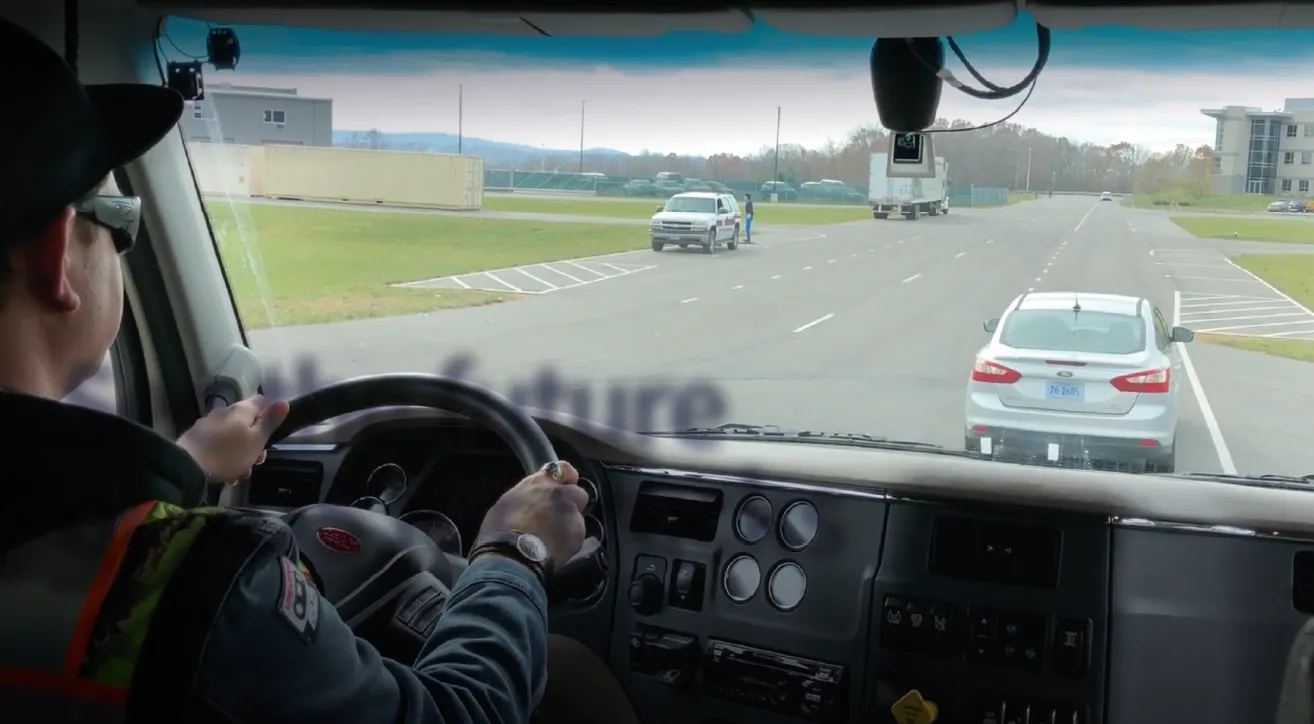Four new solutions based largely on existing technology could drastically improve the safety and efficiency of travel and transportation by 2025, according to a new report by the World Economic Forum in collaboration with The Boston Consulting Group. The report, Connected World: Transforming Travel, Transportation and Supply Chain, is the product of a cross-industry effort involving over fifty leading companies from the travel, transportation, and information and communications technology industries. It out
June 25, 2013
Read time: 2 mins
Four new solutions based largely on existing technology could drastically improve the safety and efficiency of travel and transportation by 2025, according to a new report by the World Economic Forum in collaboration with The 4055 Boston Consulting Group.
The report, Connected World: Transforming Travel, Transportation and Supply Chain, is the product of a cross-industry effort involving over fifty leading companies from the travel, transportation, and information and communications technology industries. It outlines scenarios of how the world may look in 2025, reflecting potential socio-political, economic and environmental developments.
The four solutions, all of which have the potential to deliver solid social and economic benefits, are:
• A traffic management system for megacities to integrate and process information from vehicles, travel infrastructure, individuals and the environment in real time to forecast and counteract congestion and reduce total vehicle emissions.
• An intermodal travel ticket, enabling travellers to use one ticket per journey, regardless of the mode of transport, and providing real-time advice on congestion and route-change options.
• A smart visa system for check-in, security and border control, to improve efficiency and security.
• Real time logistics tracking, using RFID (radio-frequency identification) chips to track product locations and provide real-time shipping updates.
“Each of these solutions enables a transformation in global transportation systems that would drive economic growth and improve our daily lives. Each solution is entirely achievable. The technology is readily available; the main challenge is coordinating diverse stakeholders from multiple industries and government agencies,” said John Moavenzadeh, senior director, Mobility Industries, World Economic Forum.
The Forum is currently working with companies, governments and other stakeholders to develop roadmaps that would enable progress on all four solutions, or as Rupert Stadler, chairman of the Management Board of2125 Audi, says: “The project encourages dialogue between politics, the industry and science on how to implement game-changing solutions.”
The report, Connected World: Transforming Travel, Transportation and Supply Chain, is the product of a cross-industry effort involving over fifty leading companies from the travel, transportation, and information and communications technology industries. It outlines scenarios of how the world may look in 2025, reflecting potential socio-political, economic and environmental developments.
The four solutions, all of which have the potential to deliver solid social and economic benefits, are:
• A traffic management system for megacities to integrate and process information from vehicles, travel infrastructure, individuals and the environment in real time to forecast and counteract congestion and reduce total vehicle emissions.
• An intermodal travel ticket, enabling travellers to use one ticket per journey, regardless of the mode of transport, and providing real-time advice on congestion and route-change options.
• A smart visa system for check-in, security and border control, to improve efficiency and security.
• Real time logistics tracking, using RFID (radio-frequency identification) chips to track product locations and provide real-time shipping updates.
“Each of these solutions enables a transformation in global transportation systems that would drive economic growth and improve our daily lives. Each solution is entirely achievable. The technology is readily available; the main challenge is coordinating diverse stakeholders from multiple industries and government agencies,” said John Moavenzadeh, senior director, Mobility Industries, World Economic Forum.
The Forum is currently working with companies, governments and other stakeholders to develop roadmaps that would enable progress on all four solutions, or as Rupert Stadler, chairman of the Management Board of










